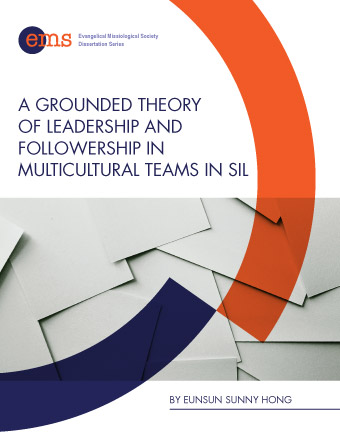There is a growing need to understand what effective multicultural leadership and followership look like in a faith-based, nonprofit, international organization where communication is mostly conducted through electronic means. Very little research has been done on this subject. The purpose of this grounded theory study is to understand and describe what leaders and followers want leadership and followership to look like in this kind of setting.
Data for this study were gathered largely through interviews with ten leaders and sixty-five followers working in SIL International and its partner organizations. Study participants originated from twenty-one countries, and, at the time of the study, were based in ten countries. The core elements of desired qualities of leadership and followership emerged through the analysis of these semi-structured interviews.
This study proposes a substantive theory about the perception of leadership and followership: Both followers and leaders in SIL, where computer-aided communication is the most frequently used communication platform, perceive that effective leadership and effective followership derive from specific and identifiable relational qualities, task-oriented competencies, character-related qualities, spiritual qualities, cultural intelligence, and the way communication by computer is used and understood. Strengths and drawbacks of communication methods impact the relationship between leaders and followers.
